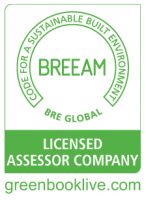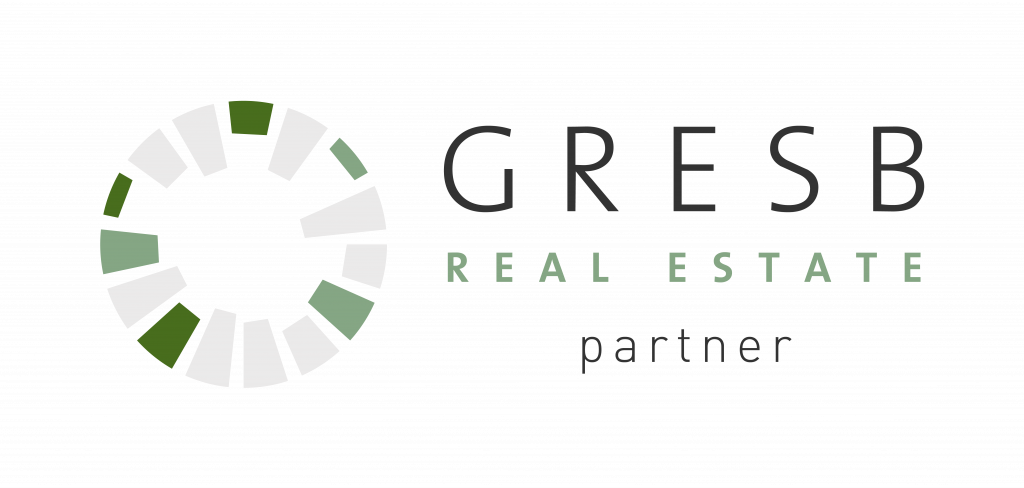CDP
CDP (formerly the Carbon Disclosure Project) is a not-for-profit charity that runs the global disclosure system for investors, companies, cities, states and regions to manage their environmental impacts. Each year CDP supports thousands of companies, cities, states and regions to measure and manage their risks and opportunities on climate change, water security and deforestation at the request of their investors, purchasers and stakeholders.
Since 2002 they have created a system that has resulted in significant engagement on environmental issues worldwide, taking the information supplied in annual reporting processes and scoring companies and cities based on their journey through disclosure and towards environmental leadership, through an independent scoring methodology.
Why disclose as a company
As the world takes steps towards building a climate safe, deforestation free, water secure future, disclosure provides the bedrock for ambitious action. As the richest and most comprehensive dataset, CDP’s data both fuels and tracks global progress towards building a truly sustainable economy for people and planet.
By reporting to CDP, companies may gain competitive advantage. Disclosure helps get ahead of regulatory and policy changes, identify and tackle growing risks and also find new opportunities for action that investors and customers worldwide are demanding.
Why disclose as a city
Disclosing environmental data through CDP, cities have a huge number of advantages, from improved engagement to centralizing data and tracking progress. CDP provides cities with all publicly available data, evaluates responses, benchmarks your performance against peers and finds areas of opportunity for your city.
These are the over 850 cities that disclosed their climate and environmental data to CDP- ICLEI’s Unified Reporting System in 2019 and 120+ states and regions that measured their environmental impacts.
Benefits of disclosure
There is a high and growing market demand for environmental disclosure. In 2020, 9,600+ companies responded, which is a 30% increase since 2018, with 590+ investors with US$110+ trillion in assets and 150+ large purchasers (supply chain members) with over US$4 trillion in procurement spend requesting thousands of companies to disclose their environmental data through CDP.
There are tangible business benefits to be gained from responding to your stakeholder’s requests for disclosure:
- Protect and improve your company’s reputation – build trust through transparency and respond to rising environmental concern among the public;
- Boost your competitive advantage – gain a competitive edge when it comes to performance on the stock market, access to capital and winning tenders;
- Get ahead of regulation – prepare your business for likely mandatory environmental reporting rules; with CDP, you’ll be fully aligned with the best-practice TCFD recommendations;
- Proactively address investors’ queries by disclosing on the three main topics;
- Uncover risks and opportunities – identify emerging environmental risks and opportunities that would otherwise be overlooked, to inform data-driven strategy;
- Track and benchmark progress – benchmark your environmental performance against your industry peers and receive feedback on your progress each year.
Some details about the CPD questionnaires and scoring
The three main topics are:
- Climate change: assess and disclose climate-related risks and opportunities, detail how the business’ governance and strategy has been adapted to facilitate the low-carbon transition and publish emissions data;
- Water security: disclose information on existing and future water risk, water strategy, water use and how water is treated and discharged;
- Forests: assess exposure to risks associated with deforestation.
The scoring is based on where you stand on your journey to net-zero carbon and your sustainability roadmap:
- Disclosure: questions scored on the complete and transparent disclosure of information;
- Awareness: questions scored to identify if you are aware of the implications of climate change issues on the business;
- Management: questions scored based on your implementation of specific management actions to address climate change;
- Leadership: questions to identify if you are taking ambitious action and implementing best practice to address climate change.
CDP and the TCFD
CDP’s climate change questionnaire is aligned with the recommendations of the Task Force on Climate-related Financial Disclosure (TCFD) – a body established in 2015 by G20 Finance Ministers and Central Bank Governors within the Financial Stability Board (FSB), and its chair at the time, Mark Carney, then Governor of the Bank of England. This group is concerned with the financial stability ramifications of climate change resulting from the potential mispricing of assets and misallocation of capital.
The TCFD was created as a private sector led taskforce to develop recommendations on climate-related financial disclosures. These recommendations were made in 2017 and now the focus is on adoption of these recommendations by companies and investors. CDP provides the global platform for disclosing entities to collect and organize data and provide it in a structured form to the market. The data disclosed through the CDP platform provides the investment community with high quality, consistent, comparable, TCFD-aligned data at scale.
CDP’s 2019 climate change questionnaire contains over 25 TCFD-aligned questions, which form the basis of the analysis above. These questions are contained within the Governance, Risks & Opportunities, Strategy, Targets and Emissions modules.
Water security and deforestation are a step beyond the climate-focused remit of the TCFD. Nevertheless, since 2018, CDP’s water security and deforestation questionnaires have been inspired by the TCFD recommendations and organized in a similar structure, covering topics such as Governance, Strategy, Metrics and Targets. This helps companies organize their environmental management according to similar principles of good practice and will prepare them for increasing environmental disclosure demands.
CDP and the Net-Zero Carbon agenda
CPD sections are directly linked to key net-zero carbon strategic areas such as:
- Strategy, TCFD, climate scenario analysis
- Governance
- Risk management processes
- Risk disclosure
- Opportunity disclosure
- Business impact assessment and financial planning
- Business strategy
- Scenario analysis
- Science Based Targets
- Targets
- Footprint calculation (Scope 1, 2 & 3) verification
- GHG emissions reductions initiatives and low carbon products
- Scope 1 & 2 emissions (incl. verification)
- Scope 3 emissions (incl. verification)
- Energy Management Systems, carbon pricing & taxation
- Energy
- Carbon pricing
- Stakeholders engagement
- Value chain engagement
- Public policy engagement
- Communications
More details on CDP can be found on their website here.









